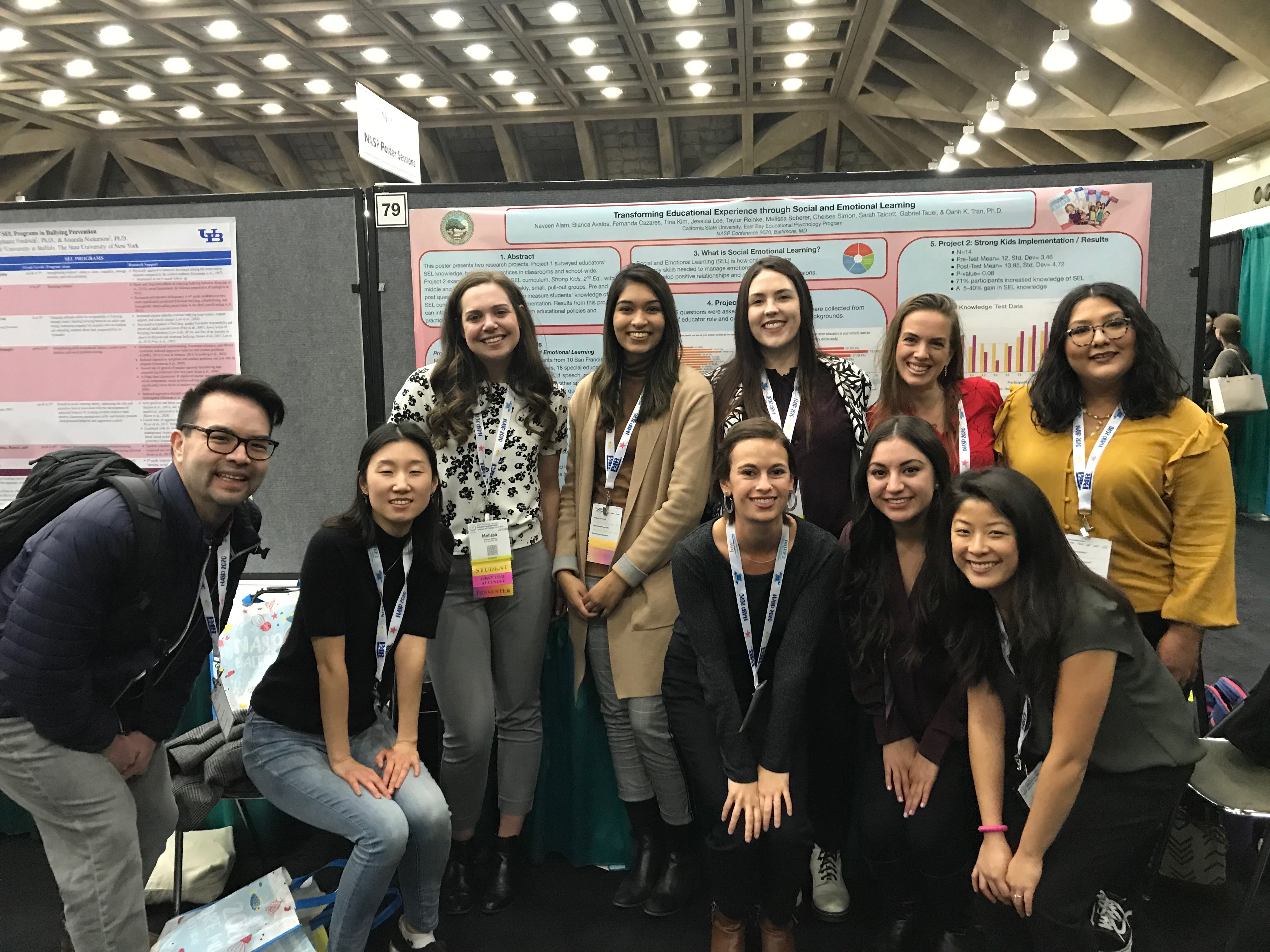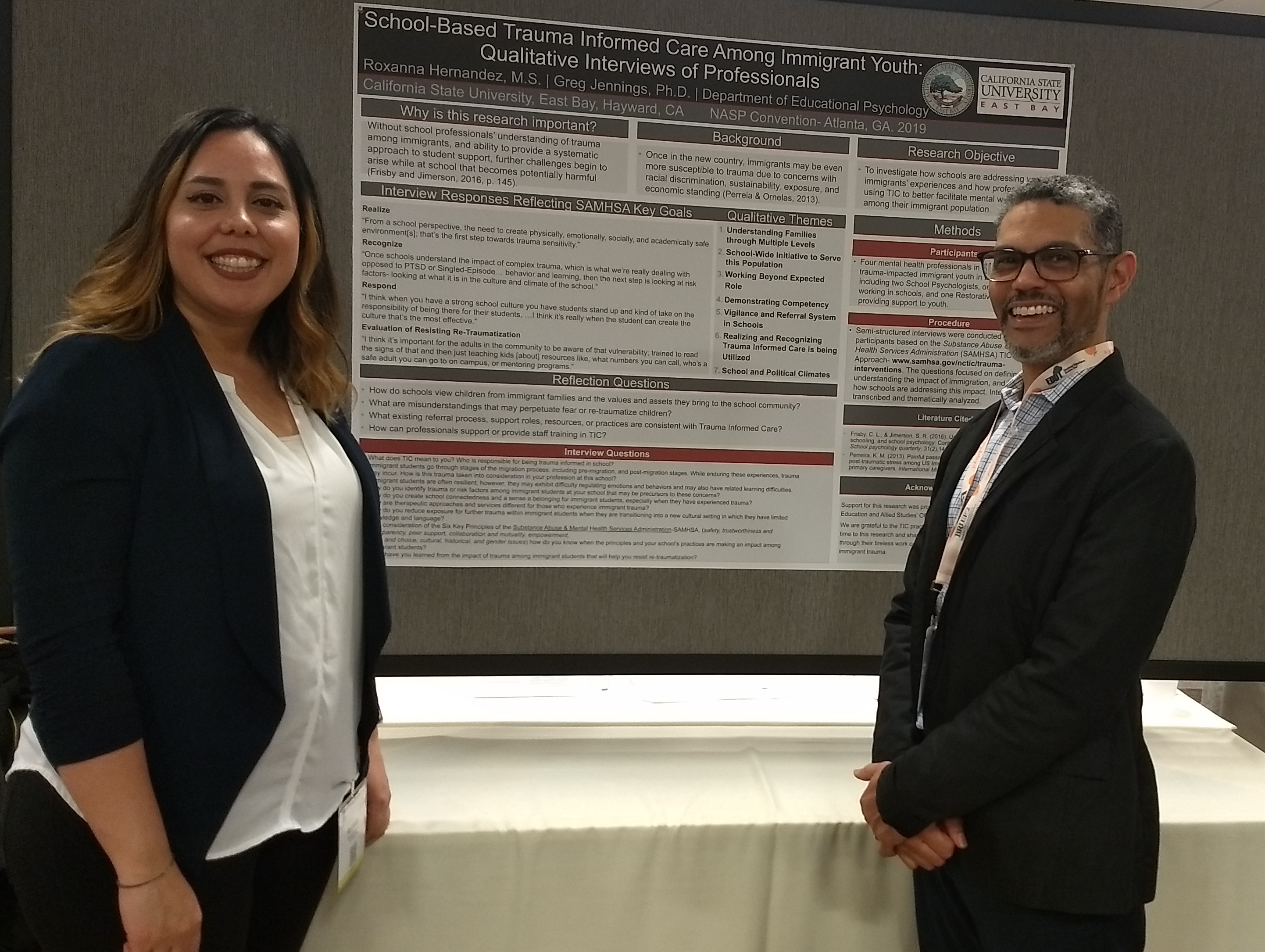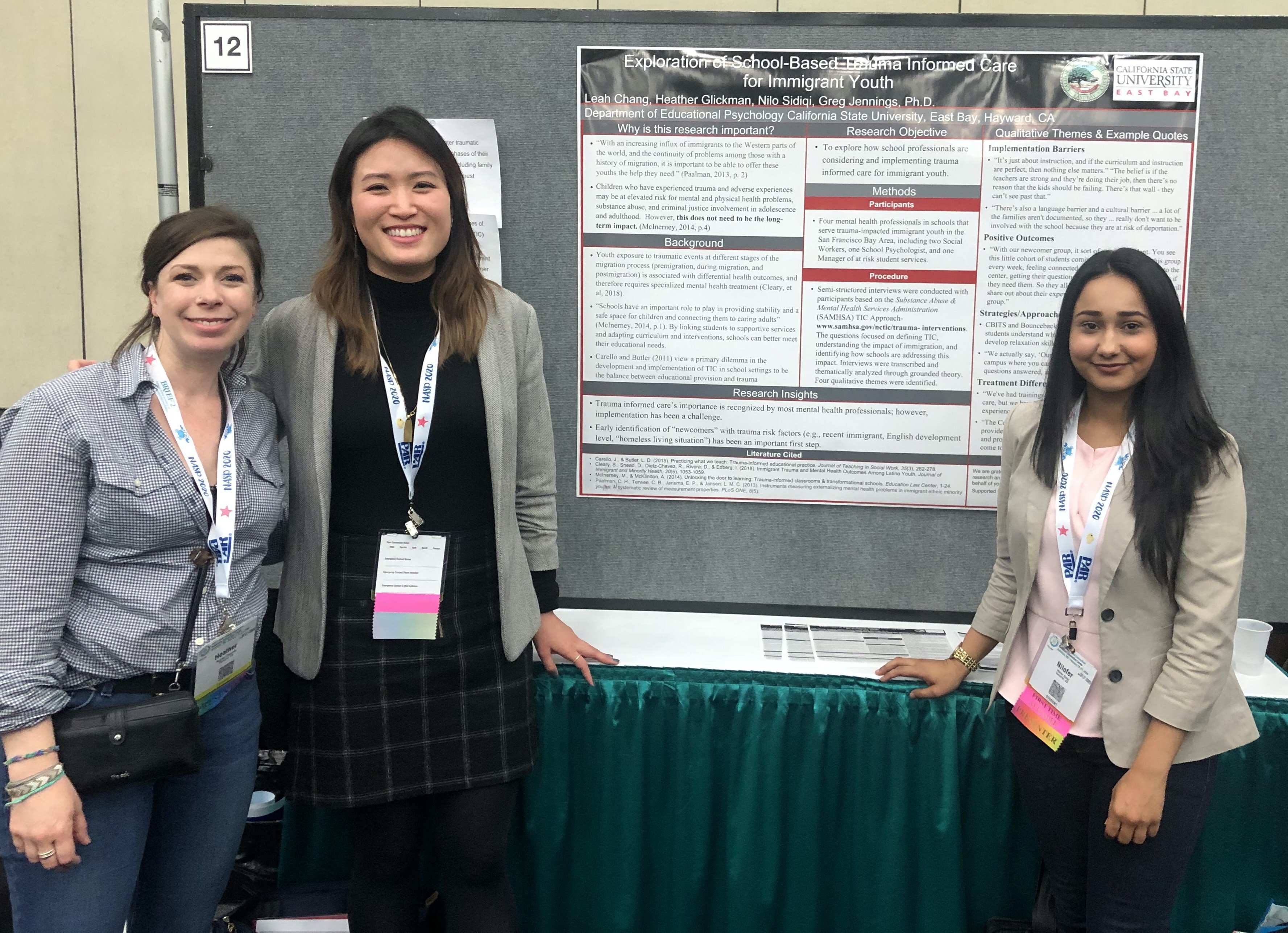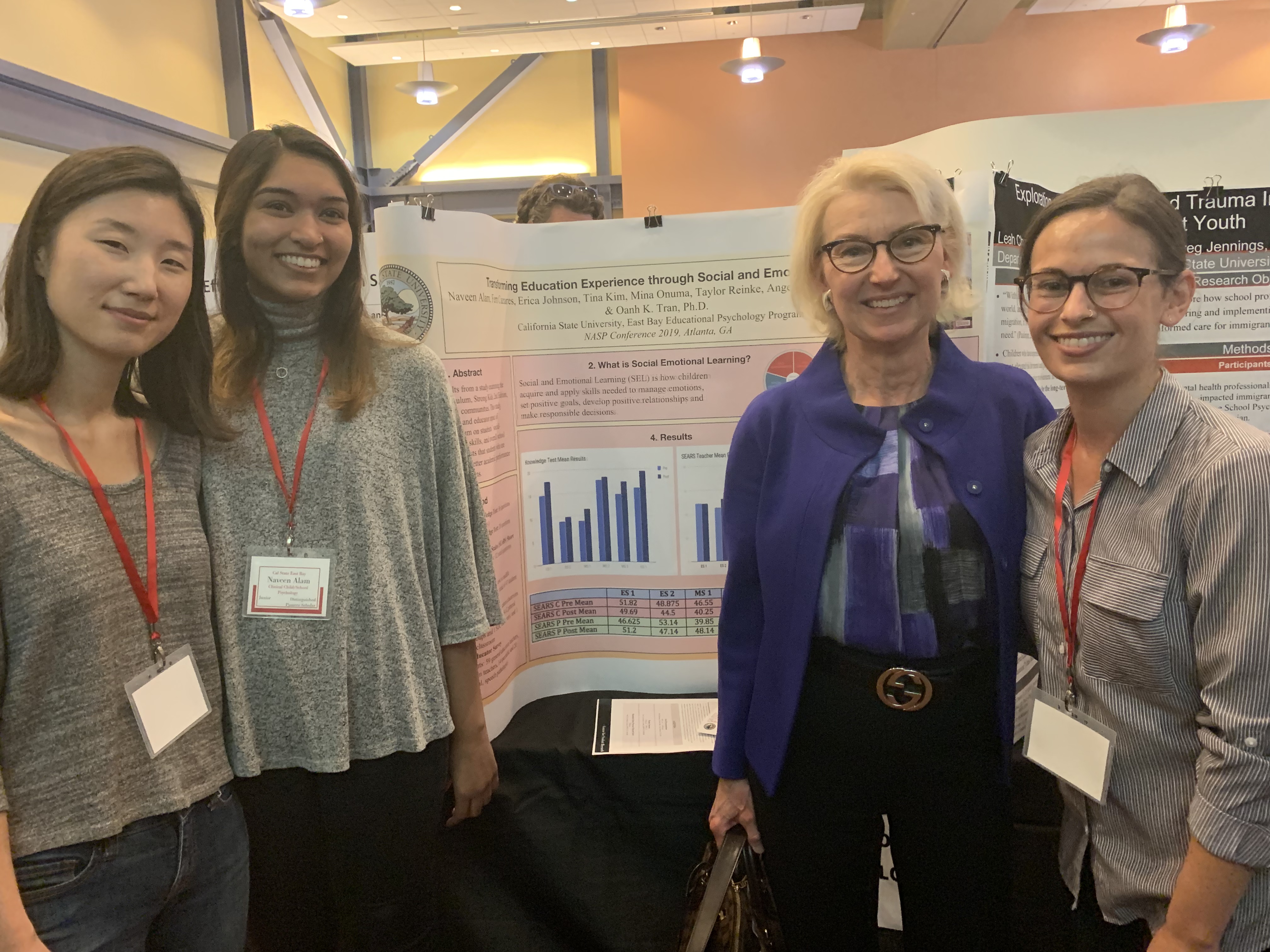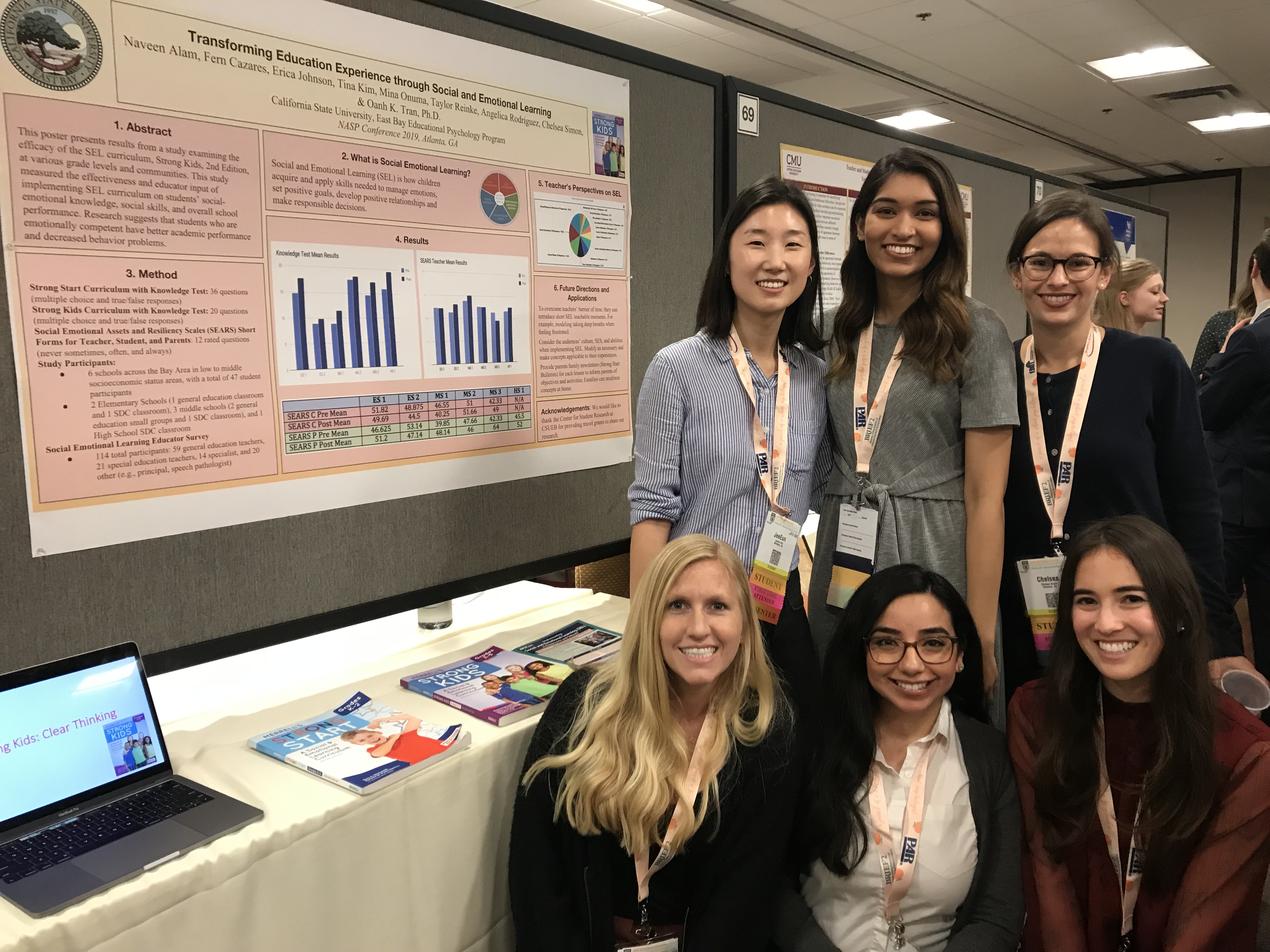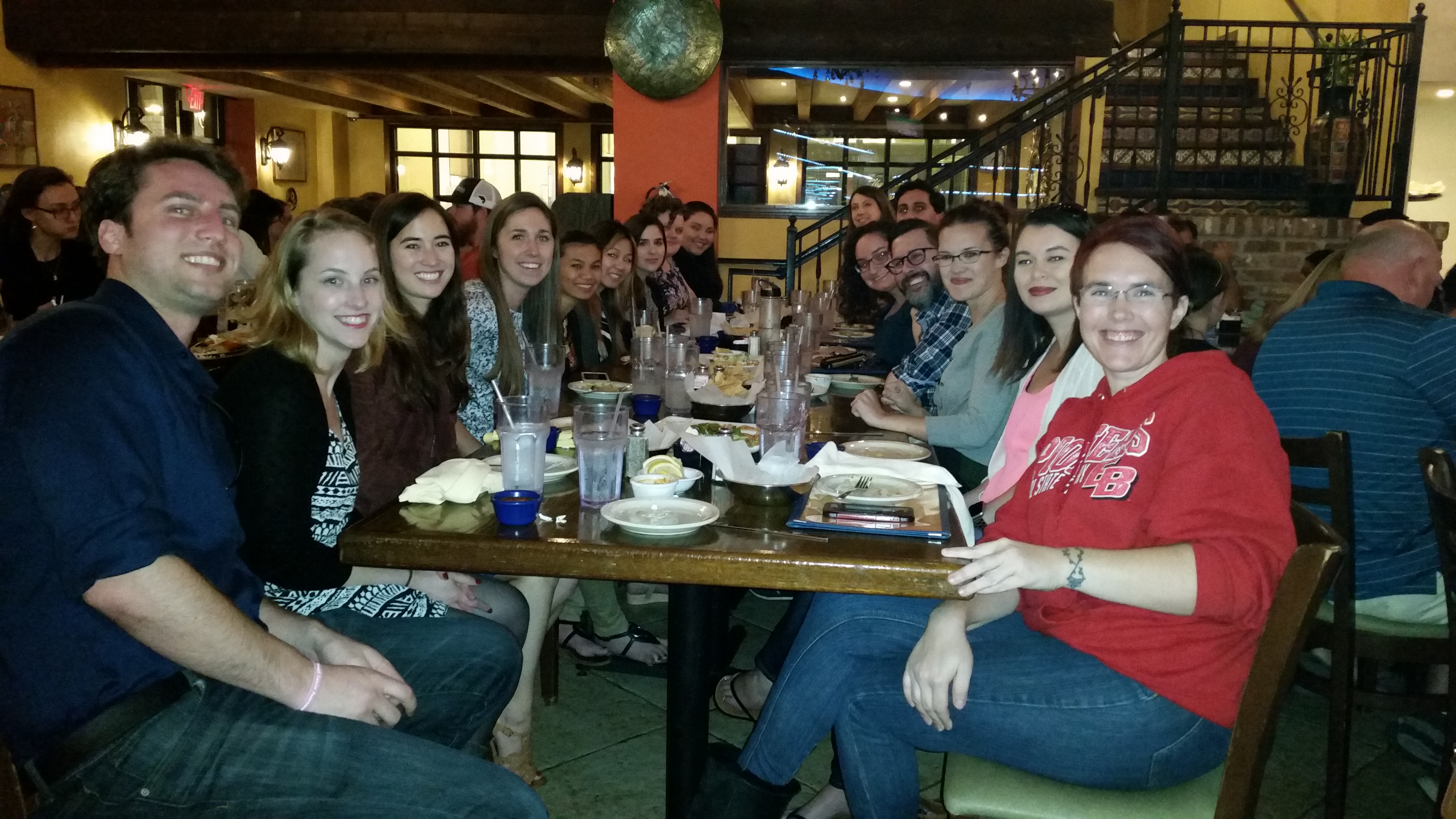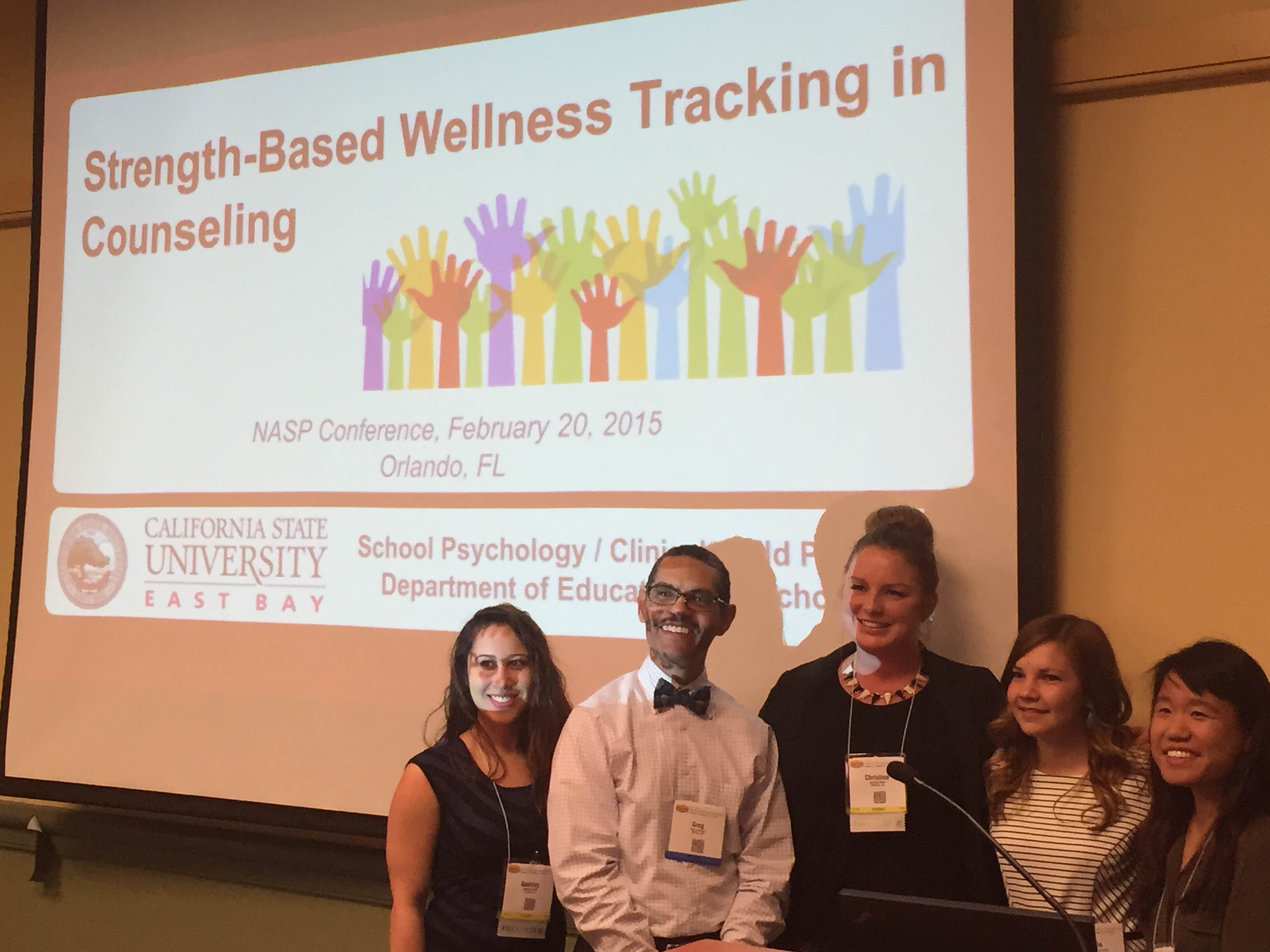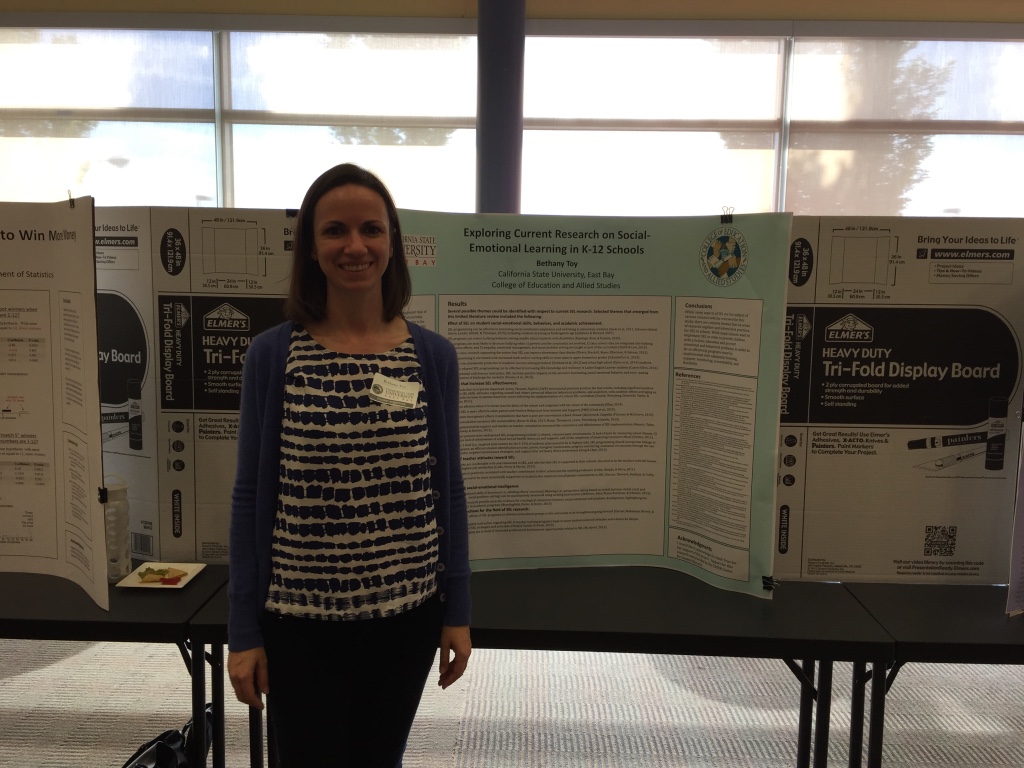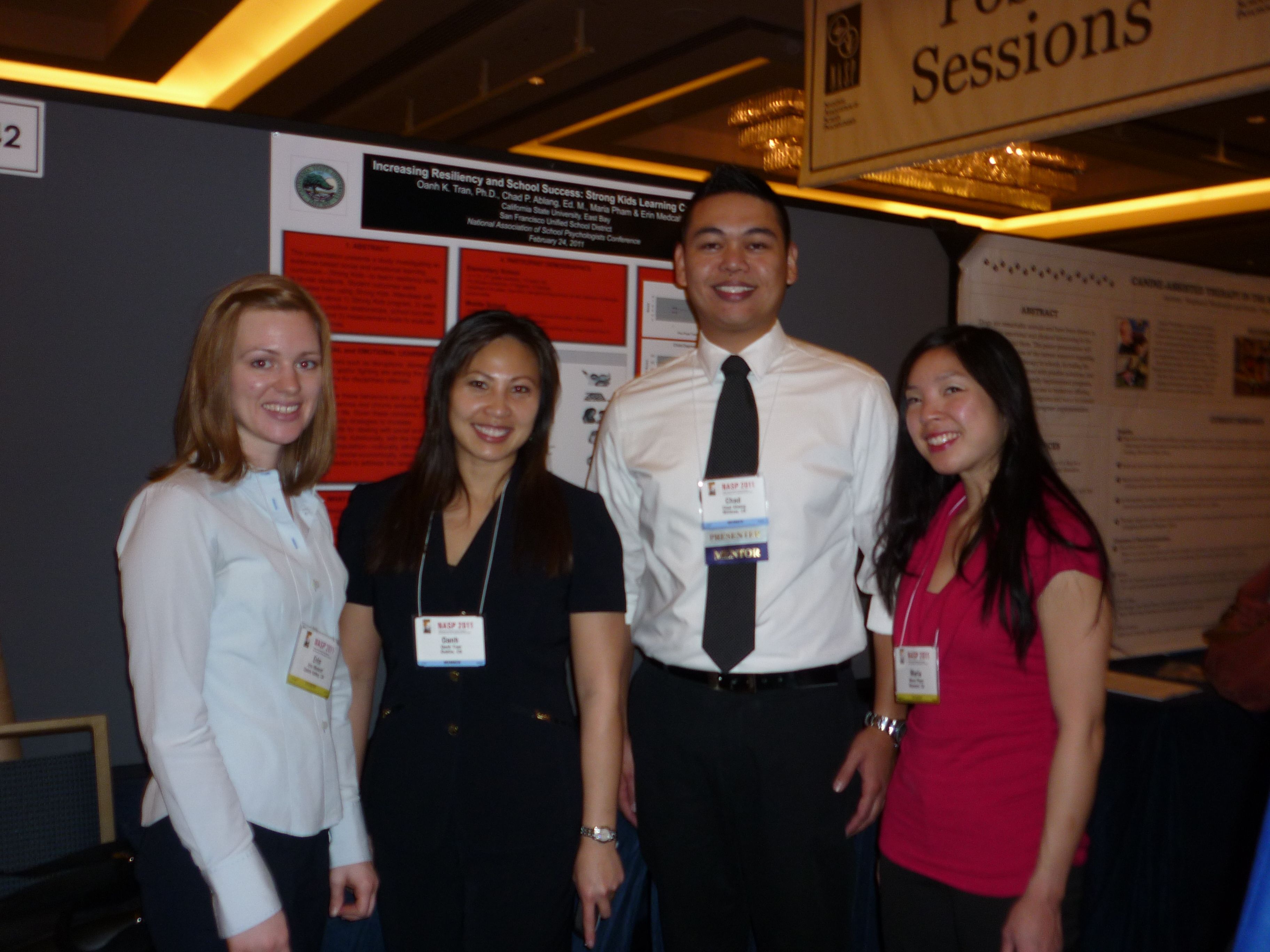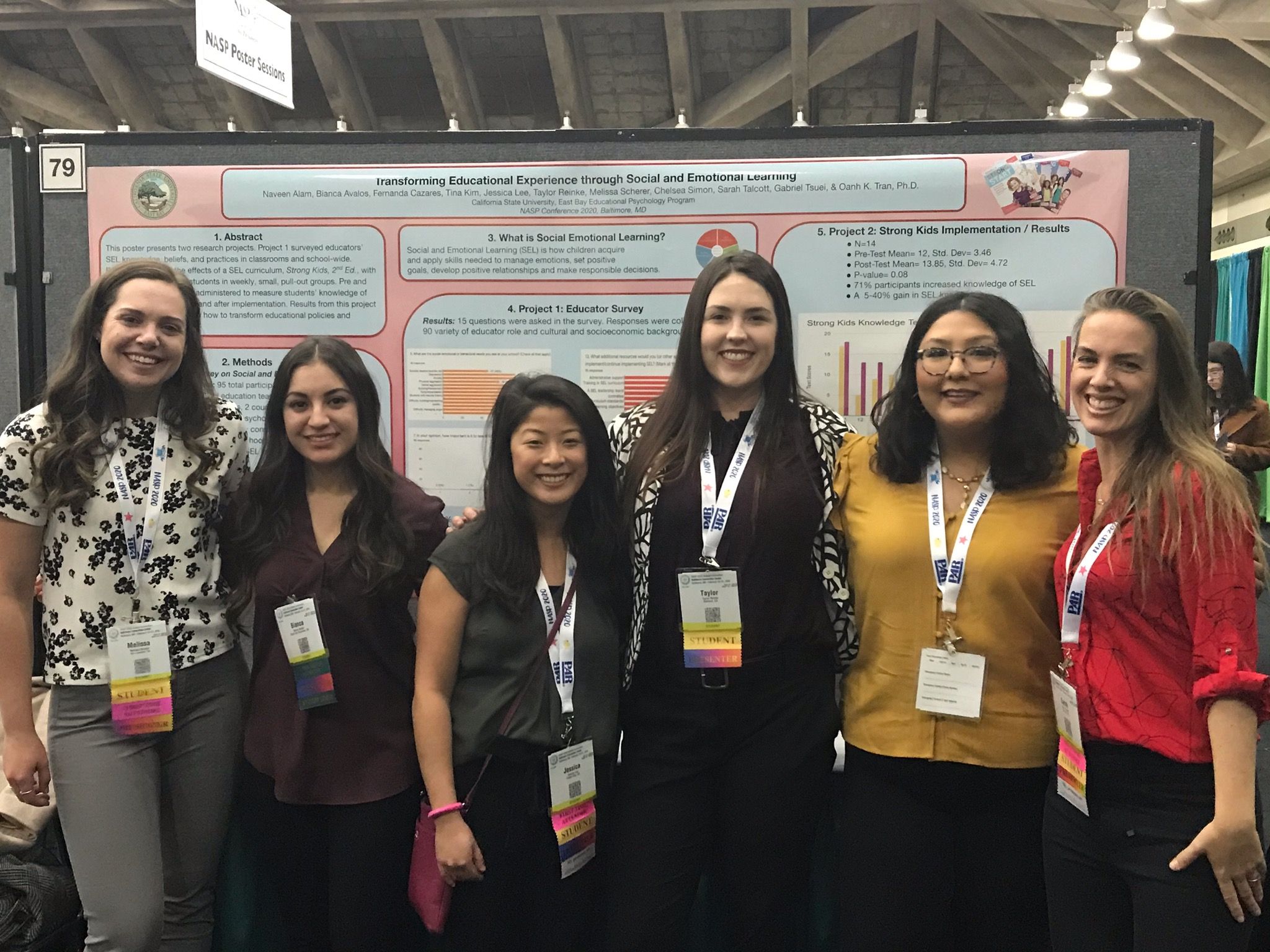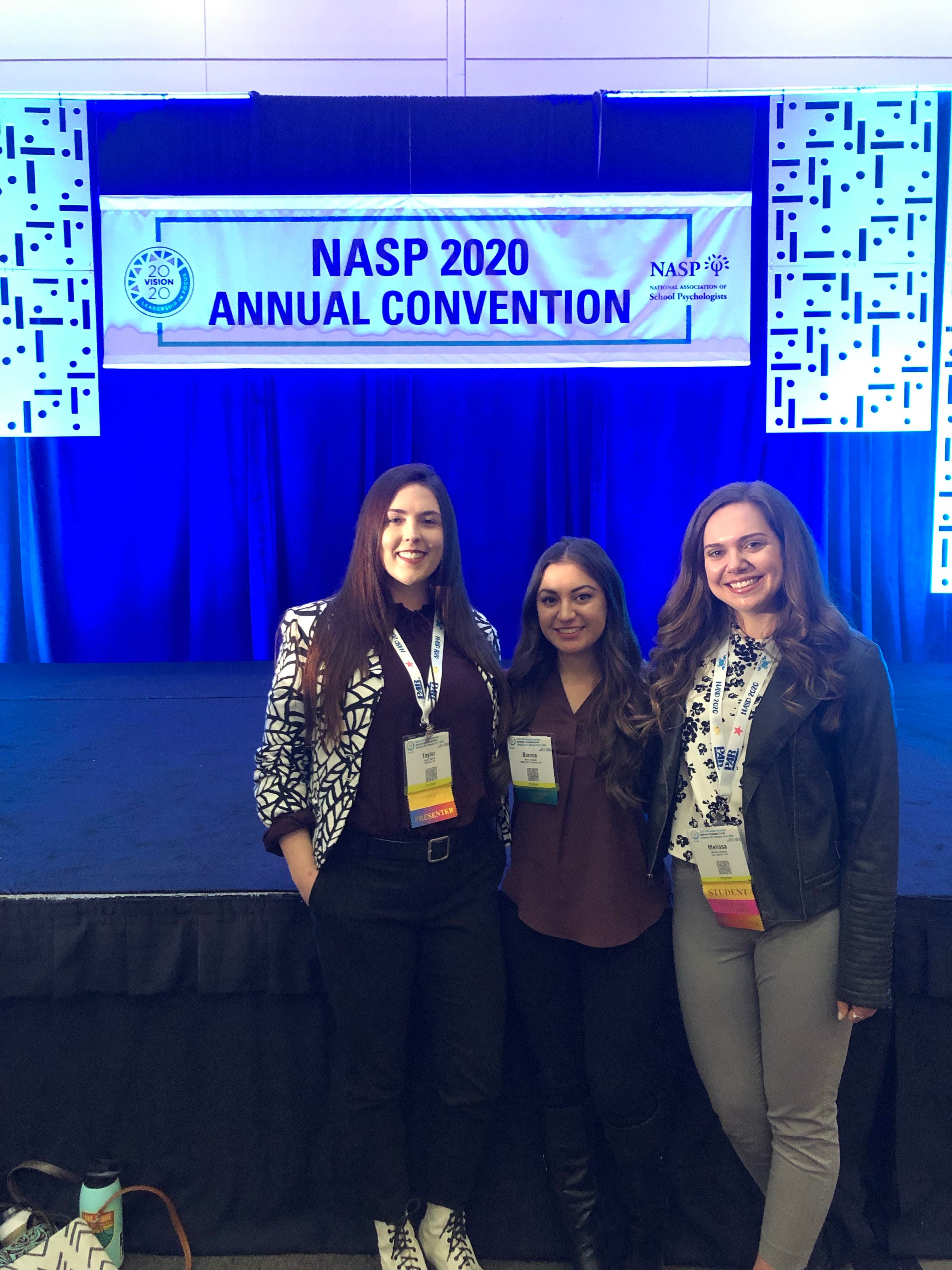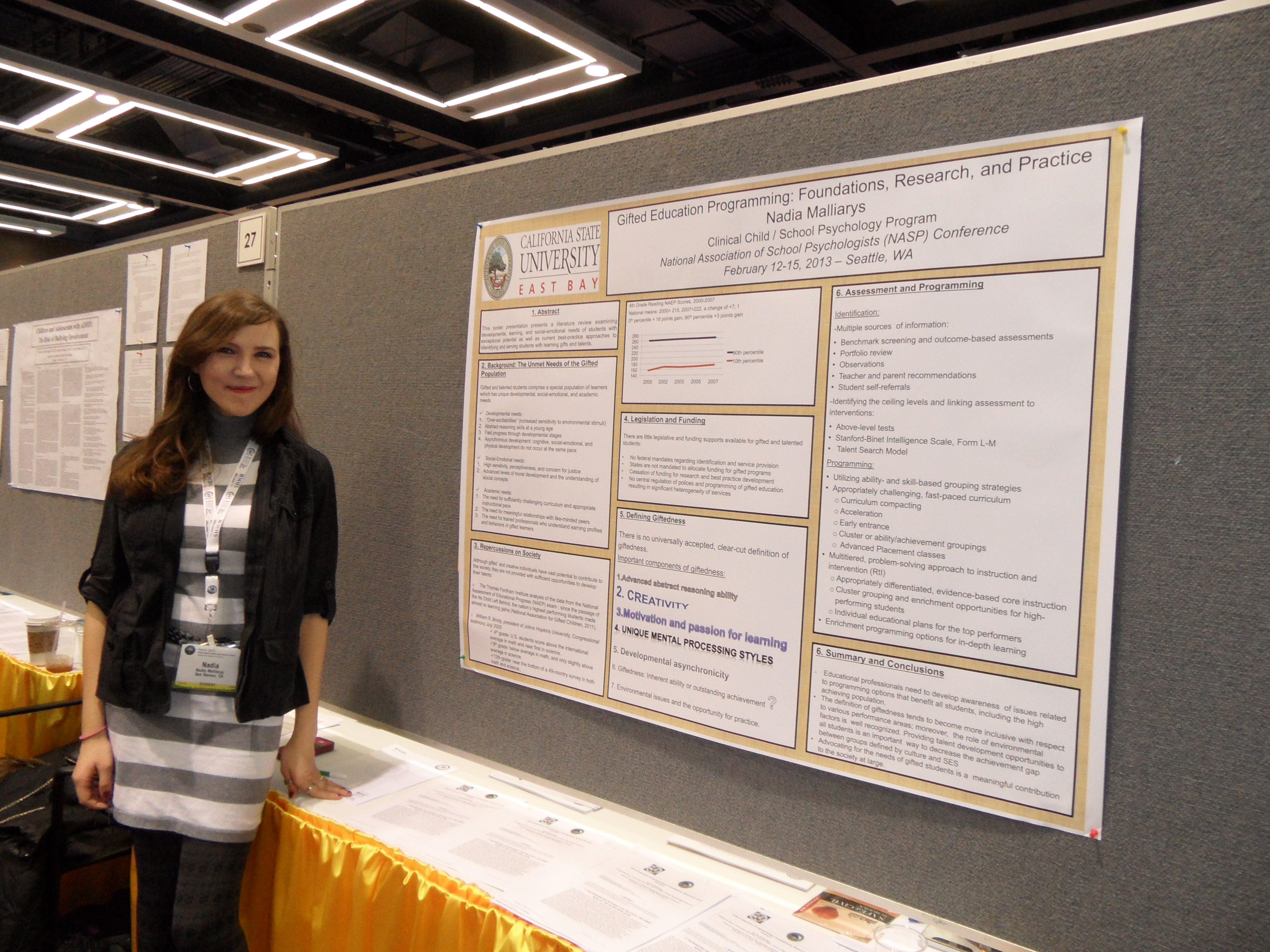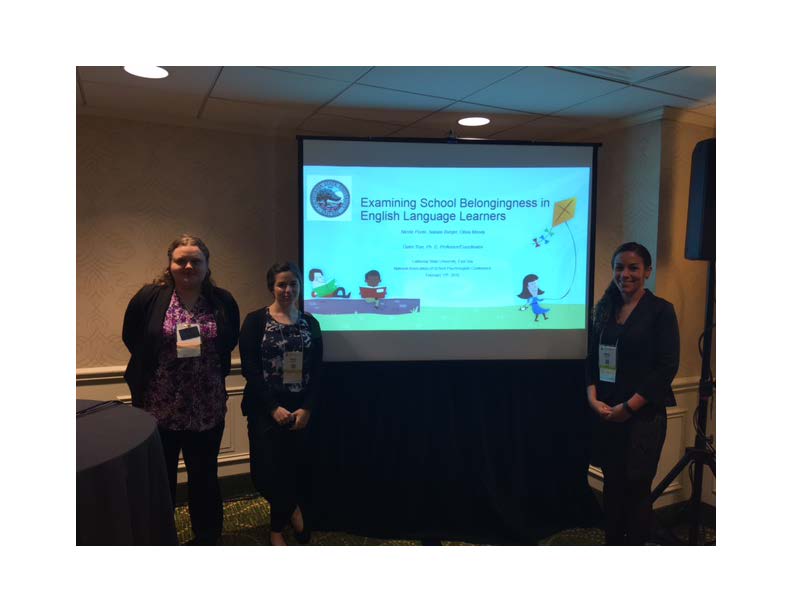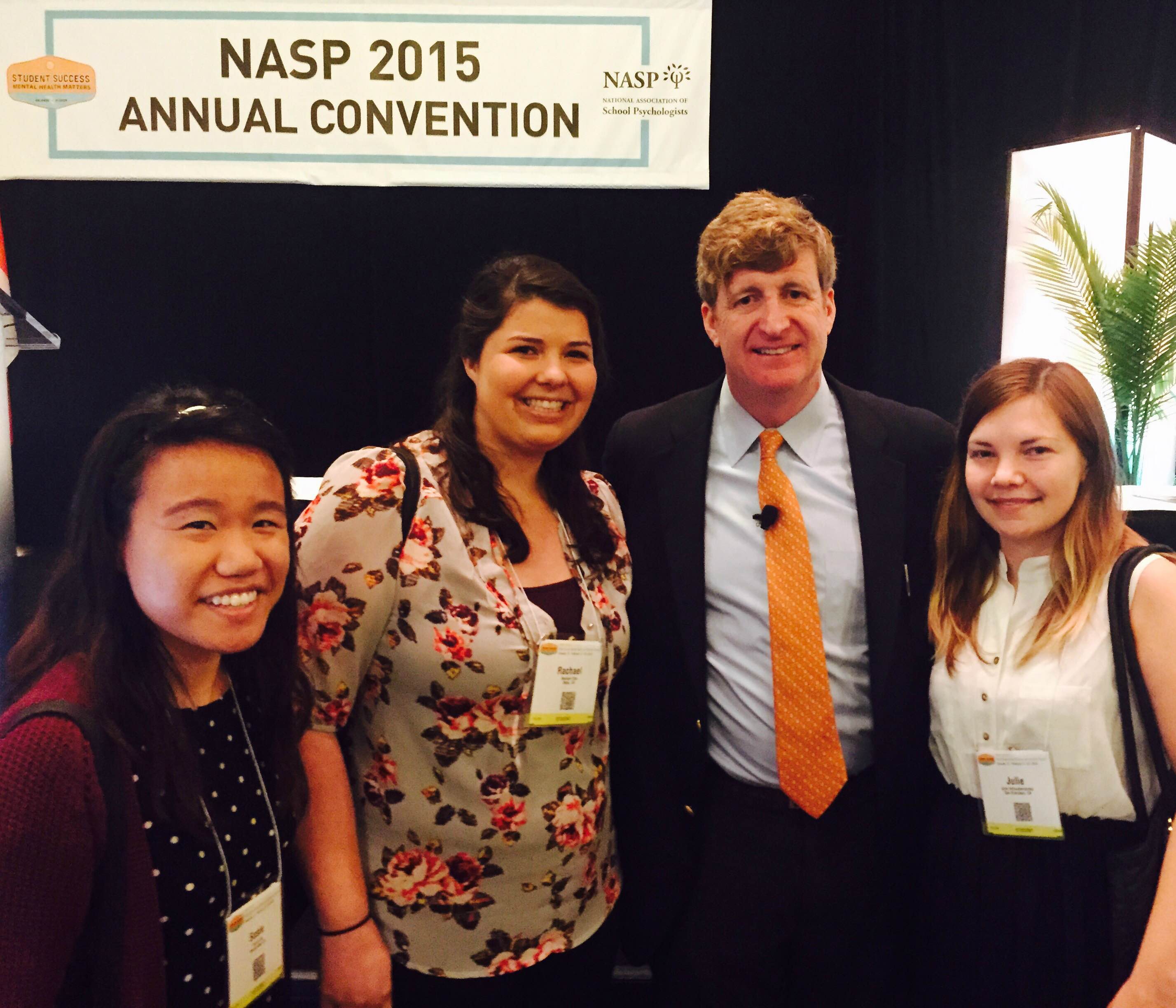Faculty & Student Research Projects
Strong Kids and Strong Teens: Social Emotional Learning and Emotional Well-being for School Success Project
Social and emotional learning (SEL) is an effective framework to address the mental health challenges confronted in schools and promote prevention and the acquisition of social and emotional competency skills. Through educative and evidence-based practices, social and emotional learning can be infused through school or classroom-based curricula. SEL includes a broad range of tools and systematic techniques used to promote mental health; teach social, emotional, and life skills; and prevent negative life outcomes, through effective curricula as an integral part of a school program.
The Strong Kids Project promotes SEL learning in schools. The Strong Kids and Strong Teens Social and Emotional Learning Curriculum was developed by Dr. Tran and her colleagues from the University of Oregon. The program was first published in 2006 and revised in 2016. The program includes the following:
- 5 Programs total
- Principle of effective teaching
- Research-based
- Practical and skill competency development
- 10-12 semiscripted lessons
- Goal: Teach social and emotional skills and assets to promote resilience and mitigate risk in youth
- Content addresses 5 competency areas: Emotion ID, ID of strengths and areas for attention, Strategies to regulate (e.g., cognitive, behavioral, anger, stress), Empathy, Social problem solving, Making helpful decision with self and others in mind
Graduate students are involved as research assistants assisting with data collection and program implementation in schools, data analysis, and presentation of research at national and local conferences, and development of publications.

Trauma Informed Care in Bay Area Schools Project
Five graduate research teams have explored 1. the impact of stress and trauma on youth's learning and development; 2. Northern California Bay Area educators' and mental health professionals' views and applications of Trauma Informed Care (TIC) in schools, and 3. the uniquely traumatic impact of immigration on youth in schools. TIC is the ecological response to stress that promotes resilience in youth.
The research teams have presented at national conferences during National Association of School Psychologists conventions and at University Research Symposiums.
The goal of the TIC as a model is to: increase educators' understanding of how trauma impacts development; reduce the likelihood of re-traumatization in school environments; recognize and support youth's strengths to foster post-traumatic growth; and increase skills and resources toward healthier outcomes.

